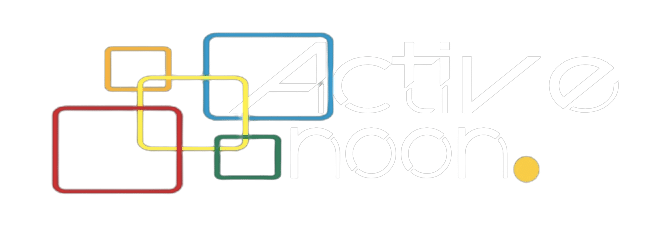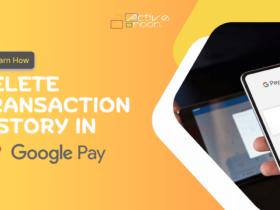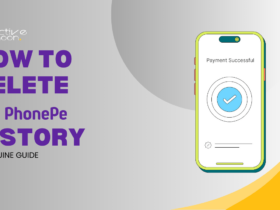Artificial Intelligence (AI) continues to revolutionize industries, transforming the way we live and work. One niche concept gaining traction is the AI death calculator. It’s not as morbid as the name might suggest but is instead a tool designed to calculate life expectancy based on extensive data analysis. This article delves into what an AI death calculator is, how it works, where you can access it, and its implications for healthcare, insurance, and beyond.
What is an AI Death Calculator?
An AI death calculator is a predictive tool that uses machine learning algorithms to estimate an individual’s lifespan. By analyzing various datasets, including medical history, genetics, lifestyle habits, and environmental factors, these calculators provide a personalized life expectancy prediction.
Despite its alarming name, its applications are far-reaching and practical. From healthcare planning to personal wellness and insurance risk assessment, AI death calculators are reshaping how we understand longevity.
How Does an AI Death Calculator Work?
An AI death calculator works by collecting and analyzing vast amounts of data to identify patterns and make predictions. Here’s a breakdown of its functionality:
1. Data Collection
These tools aggregate information such as:
- Medical History: Chronic illnesses, medications, and past surgeries.
- Genetics: DNA insights, family medical conditions.
- Lifestyle Choices: Smoking, alcohol consumption, physical activity, and diet.
- Environmental Factors: Pollution levels, living conditions, and occupational risks.
2. Algorithm Training
The collected data is processed using machine learning models that identify correlations between lifestyle, health factors, and life expectancy.
3. Prediction Output
The AI provides an estimated life expectancy, along with actionable insights on how to improve longevity, such as changing dietary habits or reducing stress.
Where Can You Access an AI Death Calculator?

Several platforms and applications provide AI-powered life expectancy calculators. Here are some popular options:
1. Online Tools
- Chronomics: Offers an AI-based life expectancy calculator using genetic and lifestyle data. It provides detailed reports on biological age and health optimization strategies.
- Blue Zones Vitality Calculator: A free online tool that estimates life expectancy based on lifestyle and demographic information. While not purely AI-driven, it incorporates data-backed algorithms.
- Deep Longevity: This platform uses AI to predict biological age and potential lifespan based on health records and mental health factors.
2. Wearable Device Integrations
- Fitbit Premium: Some advanced features in health wearables include predictive health insights based on real-time activity and sleep tracking.
- Apple Health: With data integration from wearables and apps, it provides insights into long-term health outcomes.
3. Mobile Apps
- LifePal: A smartphone app designed to estimate life expectancy based on lifestyle habits and provide personalized tips to extend your lifespan.
- HealthView AI: Focuses on predictive analytics for health improvement, integrating lifestyle choices and medical history for longevity predictions.
Applications of AI Death Calculators
1. Healthcare Planning
Doctors and healthcare providers use these calculators to tailor treatment plans. If a prediction highlights risks from smoking or poor diet, healthcare providers can recommend changes to improve longevity.
2. Insurance Policies
Life insurance companies can use AI death calculators for better risk assessment. This helps them design policies tailored to individual needs, making insurance more personalized and data-driven.
3. Personalized Wellness
AI death calculators encourage users to adopt healthier lifestyles. By showing the impact of certain habits on life expectancy, these tools motivate positive changes.
Ethical Considerations
While these tools have significant benefits, they come with ethical challenges:
- Data Privacy: Ensuring that sensitive health and personal information is secure is critical.
- Bias in Predictions: The accuracy of predictions relies on the quality and diversity of the datasets used to train the AI.
- Emotional Sensitivity: Predictions about lifespan could cause undue stress or anxiety if not presented responsibly.
Real-World Examples of AI Death Calculators
Several organizations and research projects have already implemented AI-driven death calculators:
- MyLongevity App: Offers a free AI-based tool to estimate lifespan and provides tips on improving health outcomes.
- LifeScore Labs: An initiative by MassMutual that uses AI to assess life expectancy for insurance underwriting.
These platforms combine user-friendly interfaces with cutting-edge technology to make predictive analytics accessible to the public.
Limitations of AI Death Calculators
- Unpredictability of Life Events: Accidents, natural disasters, or sudden illnesses are variables that no algorithm can fully account for.
- Overdependence on Technology: Solely relying on AI predictions can overshadow the value of expert human judgment.
- Potential Misuse: Misusing predictions, such as discriminatory insurance practices, raises ethical concerns.
Future of AI Death Calculators

The future of AI death calculators lies in integrating real-time health monitoring through wearable technology and improving predictive models with advanced genomics. As AI technologies mature, we can expect more precise predictions and actionable insights.
However, robust ethical guidelines and transparent practices will be necessary to ensure these tools benefit individuals and society without causing harm.
Final Thoughts
AI death calculators are a testament to the power of technology to improve lives through data-driven insights. Whether you’re using an app, wearable device, or online tool, these calculators empower you to make informed decisions about your health and future.
By addressing concerns like data privacy and emotional impact, we can use this innovation responsibly to enhance healthcare, wellness, and planning. Check out one of the recommended platforms today and take the first step toward better understanding your health and longevity.



















Leave a Reply